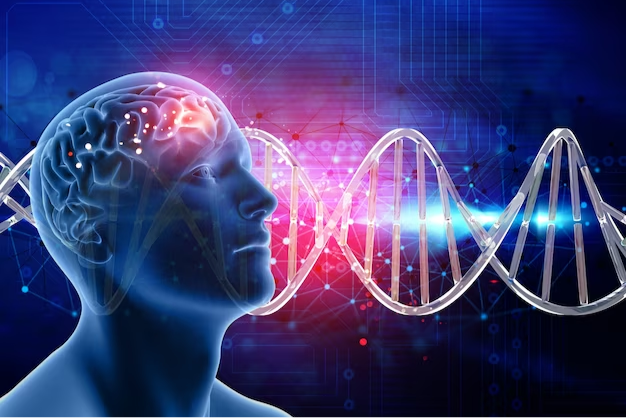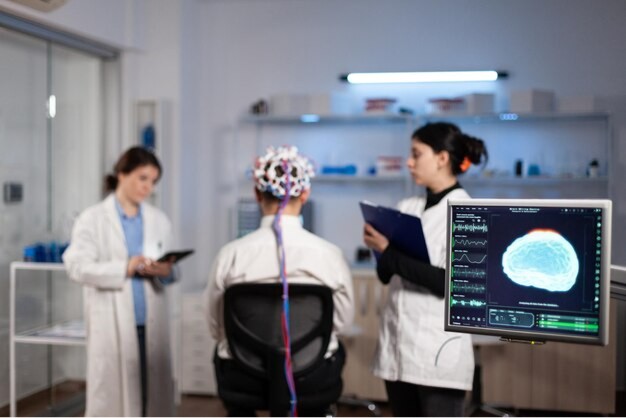Introduction
Neurological conditions encompass a wide array of disorders that affect the brain and nervous system, from Alzheimer's disease to epilepsy and Parkinson's disease. While various factors can contribute to the development of these conditions, genetics plays a significant role. In this article, we will delve into the fascinating realm of genetics and explore how it influences the development and progression of neurological conditions.
The Genetic Blueprint
Our genetics provide the blueprint for who we are, influencing our physical traits and, importantly, our susceptibility to certain health conditions. While many neurological conditions are complex and result from a combination of genetic and environmental factors, some have a strong genetic component.
Key Genetic Concepts in Neurology
- Genetic Mutations:These are changes in the DNA sequence that can be passed from one generation to the next. Mutations can be inherited or occur spontaneously.
- Genetic Variants: These are common genetic differences in the population. While not necessarily causing a condition on their own, they can increase the risk.
- Complex Inheritance: Many neurological conditions, including Alzheimer's and Parkinson's, involve complex genetic inheritance patterns, where multiple genes and environmental factors interact.
Neurological Conditions with Strong Genetic Links
- Alzheimer's Disease: The APOE gene is a well-known risk factor for late-onset Alzheimer's disease, but there are likely many other genes involved in this complex condition.
- Huntington's Disease: This is a rare neurodegenerative disorder caused by a mutation in the HTT gene. If you inherit the mutated gene, you will develop the disease.
- Epilepsy:Some types of epilepsy have a strong genetic component. Certain gene mutations can increase susceptibility to seizures.
- Amyotrophic Lateral Sclerosis (ALS):Approximately 10% of ALS cases are inherited. Mutations in genes like SOD1 and C9orf72 are known to be involved.
- Migraines: While migraines can be triggered by various factors, specific genetic variations have been linked to an increased risk of developing migraines.
Genetic Testing and Counseling
As our understanding of genetics in neurology continues to evolve, genetic testing has become a valuable tool. It can help identify individuals at increased risk for certain neurological conditions, providing an opportunity for proactive measures and planning. Genetic counseling is essential in this process, as it can offer guidance and support to individuals and their families facing these challenges.
Genetic Research and Future Hope
Advances in genetic research are opening new doors in the realm of neurological conditions. By identifying specific genetic markers and understanding the genetic underpinnings of these disorders, researchers are developing potential treatments and therapies that target the root causes.
Conclusion
The role of genetics in neurological conditions is both complex and promising. While genetics can increase the risk of developing these conditions, it's important to remember that the interplay of genes and the environment is equally crucial. Genetic testing, counseling, and ongoing research offer hope for early diagnosis and interventions, potentially paving the way for improved treatment and, one day, cures. As our understanding of genetics and neurology continues to expand, the future holds great potential for addressing these conditions more effectively and enhancing the lives of those affected.
.pdf%20300X60%20PX-02-02.svg)



